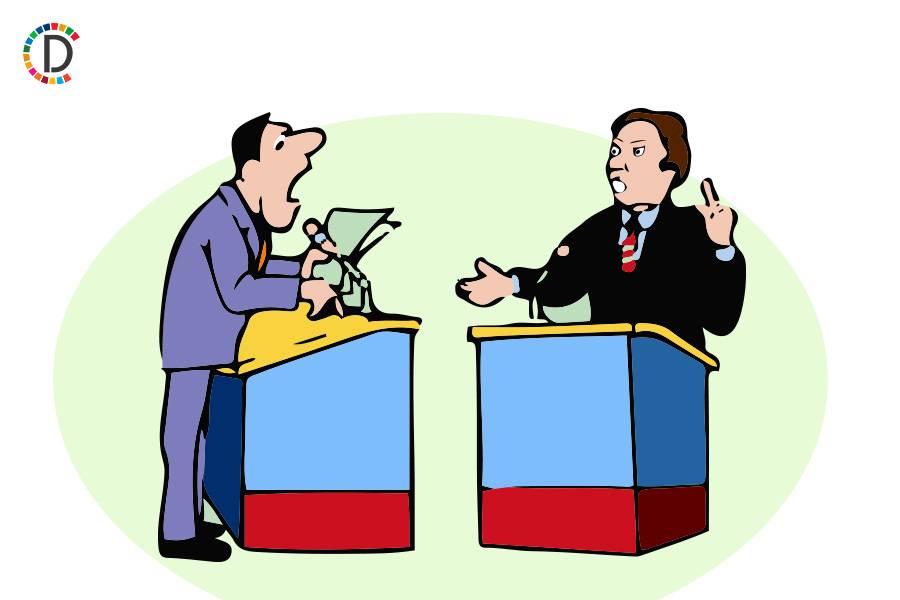Italy's League disavows accord with Russia's ruling party
The League said the agreement with United Russia had yielded no concrete initiatives, and pointed out that numerous Italian governments had fostered ties with Putin before the Ukraine invasion, accusing the opposition of hypocrisy. Salvini is expected to survive the no-confidence motion given the ruling coalition's ample parliamentary majority, but any votes against him from centre-right parties could fuel tensions within the government.

- Country:
- Italy
Italy's co-ruling League party on Tuesday disavowed an accord struck in 2017 with United Russia, the governing party behind President Vladimir Putin, as League leader Matteo Salvini faces mounting pressure over his historic ties to the Kremlin. Salvini, a deputy prime minister in Giorgia Meloni's right-wing government, is a longtime Putin admirer who used to don T-shirts emblazoned with his photo.
He has backed sanctions against Russia since its invasion of Ukraine in 2022 and supported arms shipments to Kyiv, but largely avoided directly criticising Putin. The five-year collaboration agreement between the League and United Russia was automatically renewed in 2022. "The war has totally changed the judgements and the political relations with Russia," the League said in a statement, adding that the deal with United Russia "is no longer valid following the invasion of Ukraine."
The statement comes as parliament prepares to debate a no-confidence motion in Salvini brought by the leftist and centrist opposition, who say his failure to backtrack on the accord or on his admiration of Putin make him unfit to govern. The League said the agreement with United Russia had yielded no concrete initiatives, and pointed out that numerous Italian governments had fostered ties with Putin before the Ukraine invasion, accusing the opposition of hypocrisy.
Salvini is expected to survive the no-confidence motion given the ruling coalition's ample parliamentary majority, but any votes against him from centre-right parties could fuel tensions within the government. The parliamentary debate begins on Wednesday, with the vote expected on Wednesday or Thursday. (Reporting By Gavin Jones; Editing by Bill Berkrot )
(This story has not been edited by Devdiscourse staff and is auto-generated from a syndicated feed.)
ALSO READ
Biden Rules Out Talks with Putin Amid Russia's Struggles in Ukraine
Australian-Russian Couple Arrested on Espionage Charges Amid Rising Security Concerns
Biden Warns China Over Support to Russia Amid Ukraine Conflict
Australian Couple Charged with Spying for Russia
Australia Arrests Russian-Born Couple on Espionage Charges










